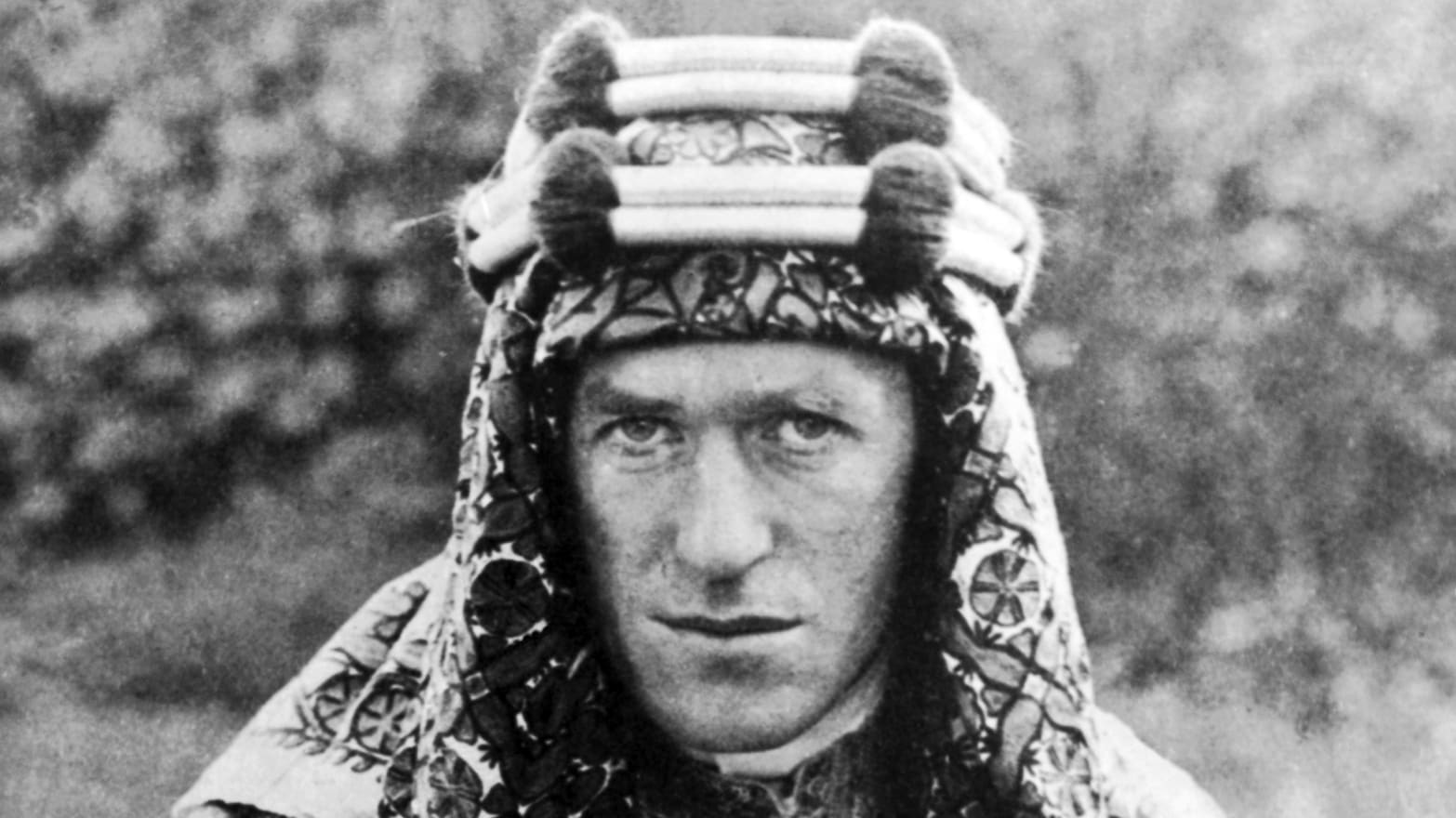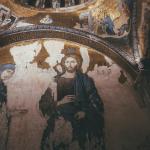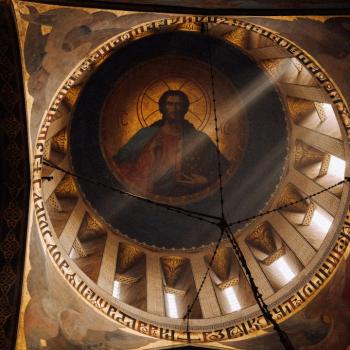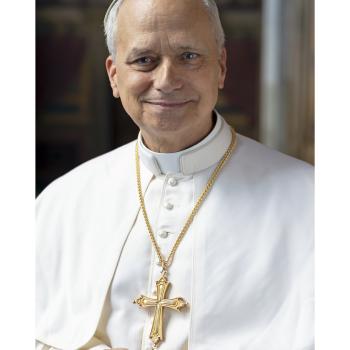Forsake foolishness and advance in understanding (cf. Proverbs 9:6).
Lawrence of Arabia is known as one of the great seekers of wisdom. He was a romantic figure because he went to exotic places at a time when most men in the West were content with staying at home. His memoirs became the base for movies, biographies, and plays about his life and the outlandish features of the unknown world. We admire men like him who have the courage to set out and seek what they are missing. Perhaps we even reproach ourselves for lacking this same courage. We know that there is so much that we do not know, yet how often do we do something about it?
Lawrence as a Seeker
Two things about Lawrence of Arabia evoke deep interest.
On the one hand, he had a fascination with the desert. He was a man of the civilization yet intrigued by the wilds of the desert. The desert landscapes served to purge his soul of so much evil and heartbreak that he had experienced. Likewise, the place of the desert in Biblical and Christian spirituality is clear. There is something about the desert that captures our imagination.
The abstraction of the desert landscape cleansed me and rendered my mind vacant with its superfluous greatness: a greatness achieved not by the addition of thought to its emptiness, but by its subtraction. In the weakness of earth’s life was mirrored the strength of heaven, so vast, so beautiful, so strong (T.E. Lawrence, The Seven Pillars of Wisdom).
Lawrence gives us a clue that he begins to get some elements of wisdom, even if much is still missing. For us to find wisdom, we must also empty ourselves of so many earthly distractions that fill our mind with confusion and fluff.

Lawrence Seeking Wisdom
The other thing that captures my attention is that he titled his memoirs Seven Pillars of Wisdom, referring back to Proverbs 9:1.
Wisdom has built her house,
she has set up her seven columns (Proverbs 9:1).
His intention was to write about the seven great cities of the Middle East: Cairo, Smyrna, Constantinople, Beyrout (Beirut), Aleppo, Damascus, and Medina. However, his military exploits got in the way and his writings turned into a memoir of his wartime experiences. The Book of Proverbs refers to the desire of human wisdom, enlightened by the divine. This happens nowhere more clearly than in the Incarnation. Jesus Christ is God’s Wisdom come to earth in a very real way. He lives out what earlier patriarchs and prophets could only dream of.
Knowledge Versus Wisdom
What is the difference between knowledge and wisdom?
[Wisdom] is a breath of the power of God, and a pure emanation of the glory of the Almighty; therefore nothing defiled gains entrance into her. For she is a reflection of eternal light, a spotless mirror of the working of God, and an image of his goodness. (Wisdom 7:25-26).
In a university atmosphere, there is much desire for knowledge. Too often, however, we forget to search for wisdom. Wisdom goes beyond a mere cataloguing of data and achieves a proper hierarchy of everything that we have at our fingertips. Wisdom includes knowledge and right moral action: moral goodness. Are the things we are pursuing in life making us more focused on success or are they making us good men and women? When knowledge is divorced from wisdom, chaos ensues.
Jesus as the True Pillar of Wisdom
Jesus declares that he himself should be the goal and end to our search for wisdom. Using the image of eating, one of life’s most basic activities, he says that he is the “living bread come down from heaven” (Jn. 6:51). We can look for wisdom in many ways, but until we find Christ, so much of our seeking is in vain. Our Christian life is less about knowing many things about Christ and much more about knowing Christ himself. This is true wisdom and will change the course of our lives, should we choose to pursue is.
St. Paul’s Search For Wisdom
St. Paul writes to the Christians in Ephesus to live as wise persons, not as foolish persons (cf. Eph. 5:15). He warns against ignorance and getting drunk and suggests instead to speak in psalms, hymns, and spiritual songs.
Like Lawrence of Arabia, St. Paul also went to the desert. After his conversion experience, he needed time to process all of his Pharisaical knowledge and submit his mind truly to Christ. His compulsion to follow Christ totally determined the rest of his life.
To seek wisdom is one of the great quests of our lives. We will not all be like Lawrence of Arabia or St. Paul and escape to the desert in a physical sense. We should, though, look for space and time to get away from our everyday chores and spend time in the contemplation of God and his mysteries. Getting to know God through the contemplation of his life is the beginning of wisdom (cf. Proverbs 9:10).
Subscribe to the newsletter to never miss an article.













